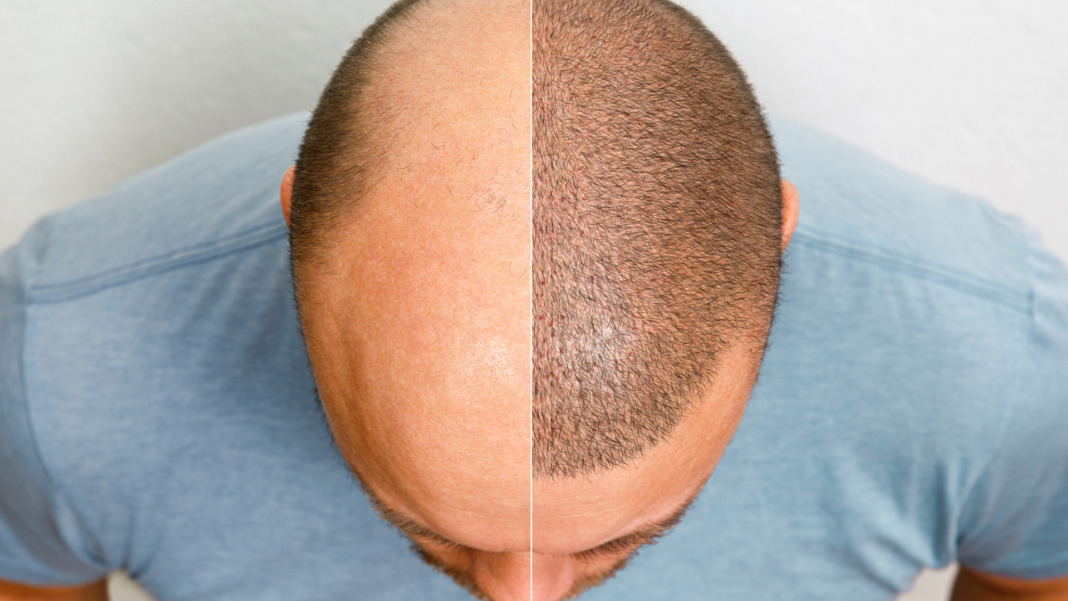Dr. Ramazan, Veraclinic
In the ever-evolving landscape of medical aesthetics, hair transplantation has emerged as a beacon of hope for many battling hair loss. Traditionally regarded as a procedure rooted in the pursuit of physical appeal, the underlying motivations and outcomes extend far deeper. As a physician specializing in hair restoration, I’ve observed firsthand the profound impact hair transplantation can have on an individual’s mental health and overall quality of life.
The Psychological Burden of Hair Loss
Hair loss, or alopecia, affects millions worldwide, transcending age and gender barriers. While the physical aspect of losing hair is visible, the psychological toll often remains hidden, shrouded in silence. Many of my patients describe their experience of hair loss as a journey marked by dwindling self-esteem, social anxiety, and, in severe cases, depression. The societal emphasis on hair as a symbol of youth and vitality exacerbates these feelings, entangling individuals in a web of insecurity and distress.
Hair Transplantation: A Glimpse into the Procedure
Hair transplantation is a surgical technique that relocates hair follicles from a donor site, typically the back of the head, to the balding or thinning areas. The two primary methods, Follicular Unit Transplantation (FUT) and Follicular Unit Extraction (FUE), both aim to restore the hair’s natural appearance with minimal discomfort. Advances in technology and technique have rendered the process more efficient and aesthetically pleasing, making it an appealing option for those seeking a permanent solution to hair loss.
Beyond Aesthetics: Hair Transplantation and Mental Health
The decision to undergo hair transplantation is not merely vanity-driven. For many, it represents a path to reclaiming lost confidence and a sense of self. The psychological metamorphosis post-transplantation is palpable. Patients often report a significant improvement in self-image, which cascades into various aspects of their lives, from professional to personal domains.
The alleviation of social anxiety is another profound change. Individuals previously reticent to partake in social gatherings or avoid public exposure due to their appearance find themselves engaging more freely and openly. This renewed social connectivity underscores the importance of addressing the psychological facets of hair loss and the restorative power of hair transplantation.
The Science of Confidence: Understanding the Impact
Research substantiates the positive correlation between hair transplantation and mental health, with Turkey emerging as a prominent destination for this life-changing procedure. A study published in the Journal of the International Society of Hair Restoration Surgery highlighted that over 95% of participants, many of whom opted for a Turkey hair transplant due to the country’s renowned expertise and competitive pricing, reported enhanced self-perception and social confidence post-procedure. Such findings underscore the role of hair transplantation in not just altering physical appearance but in catalyzing psychological well-being, particularly when carried out in specialized centres like those found in Turkey.
Patient Testimonials: Stories of Transformation
John, a 35-year-old engineer, recounted years of using hats as a shield against judgment before deciding on hair transplantation. Post-surgery, he shared how liberating it felt to attend a meeting or go on a date without the looming self-consciousness about his scalp. Maria, another patient, described her journey from avoiding mirrors to embracing her reflection, marking a pivotal shift in her battle with depression triggered by hair loss.
These narratives paint a vivid picture of the transformative potential of hair transplantation, echoing the sentiments of countless others who have walked this path.
Navigating the Decision: A Word of Caution
While hair transplantation offers a ray of hope, it’s crucial to approach the decision with deliberation and care. Choosing a skilled, experienced surgeon is paramount, as is managing expectations. A thorough understanding of the procedure, potential outcomes, and risks involved is essential. Mental preparedness for the process and patience during the recovery phase are equally important, as the full benefits may take several months to materialize.
Conclusion: Embracing the Journey
Hair transplantation transcends the realms of aesthetics, touching lives in profoundly transformative ways. As we navigate the intricacies of this procedure, it’s imperative to recognize the interplay between physical appearance and mental health. The pursuit of hair restoration, therefore, is not solely an endeavour to enhance beauty but a step toward mental and emotional liberation.
In my practice, witnessing patients reclaim their confidence and vitality is a constant reminder of the robust interconnection between our physical and psychological selves. Hair transplantation, thus, stands as a testament to the possibilities that lie at the intersection of medical science and mental well-being, offering not just a new head of hair but a renewed lease on life.



